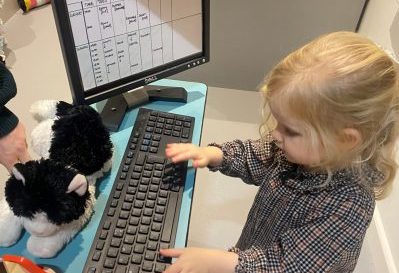Written by Katie Lawson, Mother of 4, Teacher, SENDCo Broadclyst Community Primary School
Is the high pitched ‘Cocomelon’ sound a familiar noise in your house too? Video games, apps, and instant-streaming all play a huge part in the average household every day and let’s face it, they can be lots of fun. As parents and adults we may even become lost to the wonders of YouTube or TikTok and laugh at those crazy dances or insane filters that have become hit sensations. I have enjoyed making myself into celebrities or a cat and adding sparkles to some token selfies with my four children; in times of lockdown I even attempted some of the viral dances – not that I was particularly good and none of them ever made it to the world wide web. Thankfully.

The internet is a captivating and amazing source of facts, with social possibilities and engaging content weaved in. But whilst there are a wealth of good and helpful sources to access, there are also vital safety elements to – that often have to be taught. However, the important thing to note is that, as grown-ups, we have the capacity to recognise what these tools and gimmicks are and hopefully our self-esteem and restraint means that we use these in moderation at appropriate times.
As a teacher of nearly 10 years, and a parent for that time too, I have been on a rollercoaster of new trends and inventive technologies in school and at home. No matter how hard I try, or pretend, I am never going to be able to keep up with being cool and playing the latest games (because if I start playing, it suddenly loses the ‘cool’ factor) but I can keep up with how to ensure the children in the classroom and my own children at home stay safe online.
Those of you who are reading this may be unsure if this applies to you, because your child is only 2, 3 or 4, but with this readily available world, where anything is possible, it is definitely not a waste of time to brush up early on your ESafety knowledge and to keep up to date with the top tips of 21st century web browsing.
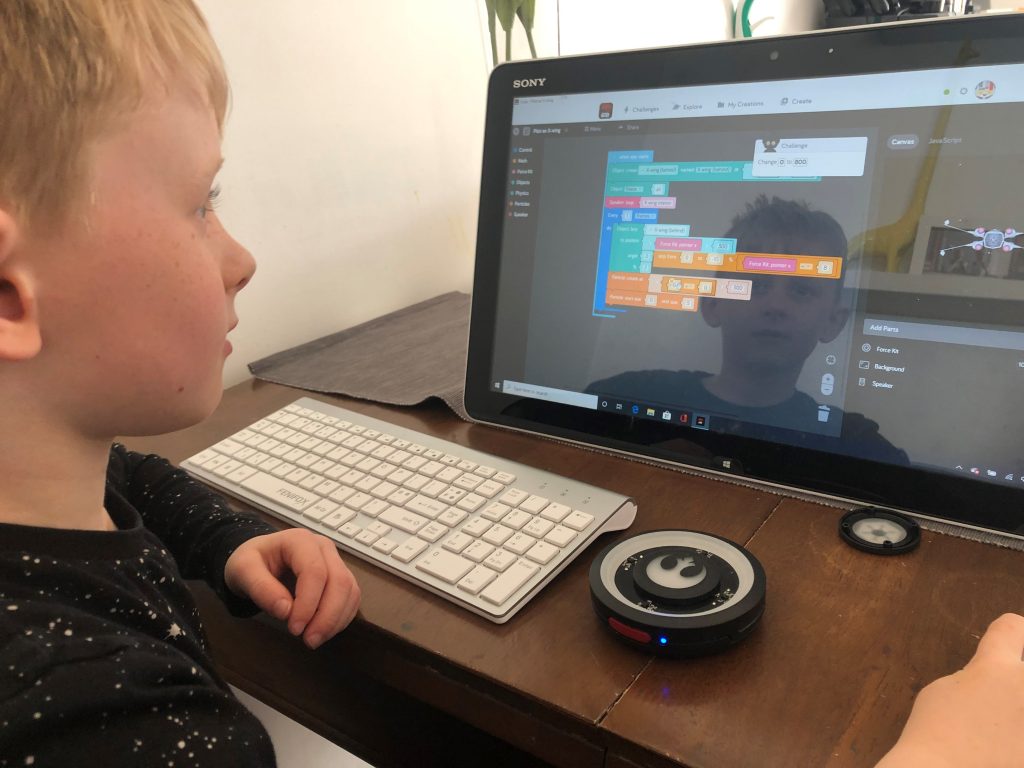
Here are my top tips for staying safe online:
1. Restrictions
One of the fundamentals of having children accessing the web at home is that sensible restrictions are placed on your internet and the devices that they handle. There are some straightforward ways to do this.
Family Sharing is a function which helps with restricting apps they can access, what times they can do so – meaning no accidental adult website searches when looking on YouTube. This is also handy for those times you need to restrict access and can do it at a push of a button. You will need a secure code and be creative because as those children get older, it is amazing how many codes they will try to break for some extra screen time or an app that is too old for them!
Trust is a crucial element to family life, and so this one really is down to your relationship with the child and the mutual trust in the family home. In my experience, there are very few children who are not absorbed within the world of technology and have the capacity to restrict their own access and time on it. By having the appropriate restrictions, it also means that accidental adult content is rare to come across; although, I still advise you watch and supervise the things your children are watching, especially if they are incredibly young.
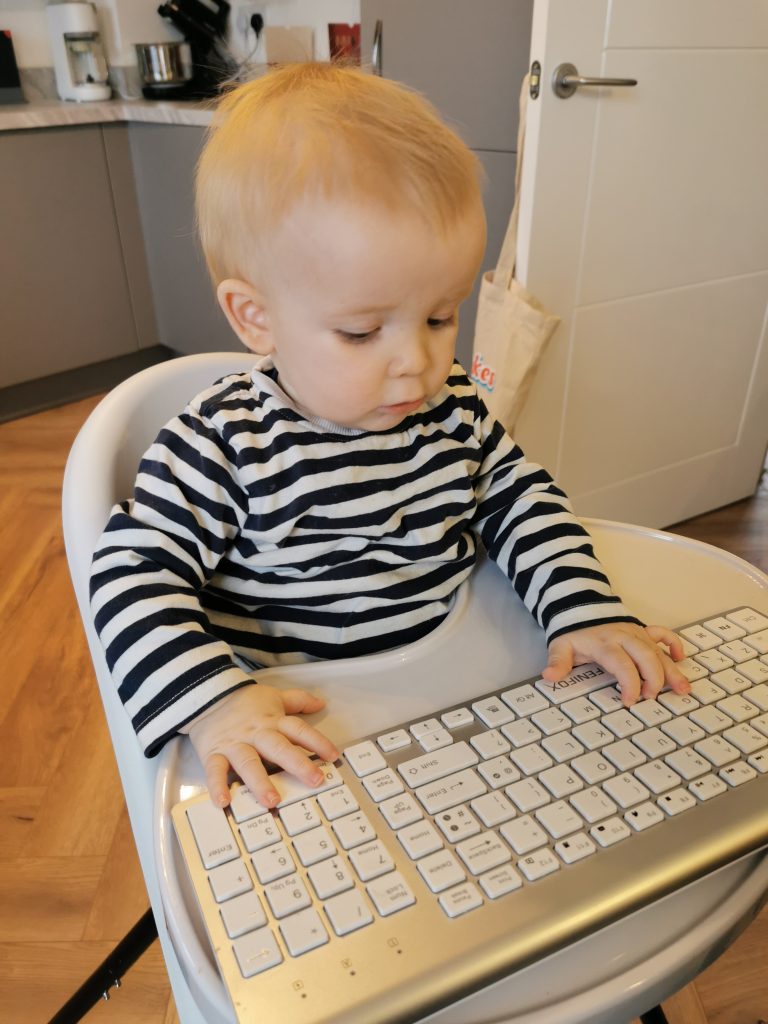
2. Permissions
One of the most common nightmares that I hear parents face, is that their 3-year-old has spent £100 on in-store apps! Again, within the features of ‘Family Sharing’ or on family safety apps, this can all be avoided. They select the game they would like to buy, and the permissions are sent to you. The best part of the Play Store or the App Store means that you can see the reviews and age restriction alongside the content of this app and decide if it is appropriate for your child. Does this lead to 1000 messages from your older children saying, “check your phone” or “mum I’ve asked you for an app”- yes! But I have protected them from inappropriate gaming and loss of money from these sneaky ‘in-game’ features, like buying a crystal – “oooh, only £4.99”- It is a no from me.
3. Common sense media
I cannot recommend this website enough. As a family, we use this site to check films, television, and computer game content. It gives such coherent and brilliant reviews from parents and children alike, so you can make a conscious decision as to whether it is right for you. Additionally, an average age rating is made based on parent review, child review and the review of the website. Further breakdowns can be seen, explaining the language used in the film or the violence witnessed. Of course, there are some reviews which I take with a pinch of salt but overall, it is a measured and useful place to find out if it should be watched or played.
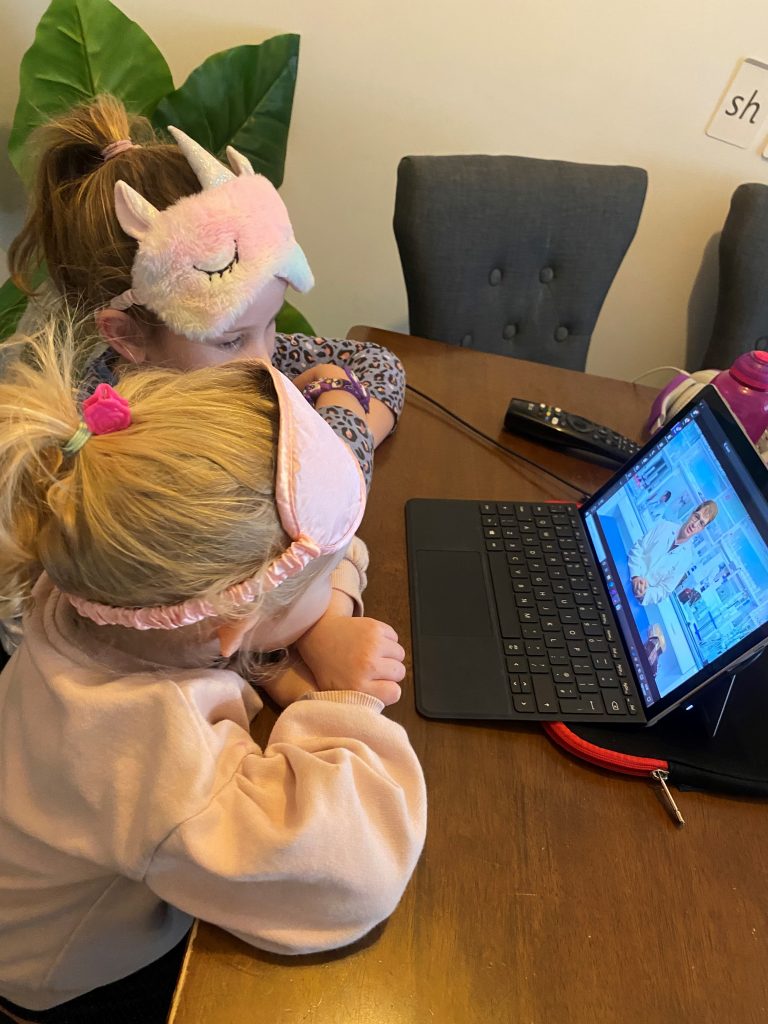
4. Expectations are a family affair
This could have been number one, but in case you did not get this far, restrictions and permissions made it slightly higher on my list of essentials.
Creating family expectations in your home, ensures you can do what feels right and comfortable for you and your family. I am happy to share tips alongside other professionals, but ultimately, I am not in your home or aware of your circumstances, so as a suggestion, I would decide:
What you would like personally from your child in regards to being safe online. For example, do they know never to share their password? Or to never add someone random stranger online? Make a list of your ‘must do’s’ and from an early age remind them of these important things when they pick up that tablet or device.
One of the most important questions of all within this, I believe is: What should they do if something goes wrong?
They should feel they could come to you, and not feel judged, because after all, it is much better to know they have made a mistake and help them fix it, than for it to snowball into something much bigger. And kids are kids; there will be blunders and there will be gasping moments, but this communication and knowledge will help support your child and yourself in making the decision that works for you and empowers your child with future knowledge.
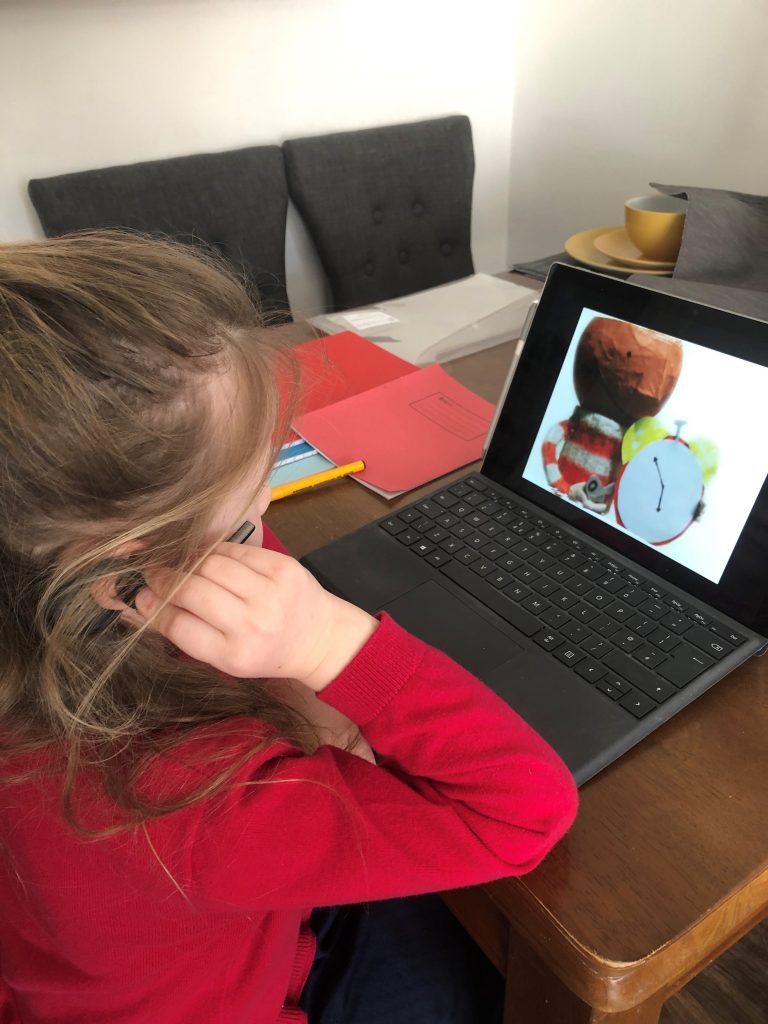
5. Where is the device stored and used?
Finally, this question and rule from day one, upholds your expectations and can keep them even safer. Where are they storing their device? Is it the kitchen table? Is it when an adult is sat with them?
I would recommend not in beds and not at night-time, but all children are different and what works for me, might not work for you. There is a lot of research behind the blue light and the times when children should avoid it for their sleep cycle etc. and I know my own children definitely need the break before bed and some stimuli in the garden, a book to read or communication with adults to help them settle, but again, this is a personal choice, and I am not here to tell you how to create these rules or how to parent.
Like all aspects of parenting, these are just some ideas, hints, and tips – we are all just riding the waves of uncertainty when it comes to bringing up our children. Whatever you are doing, you know your child best. So do what’s right for you and your family in helping them stay safe online✌🏻
Twitter handle: @MrsKatieLawson
